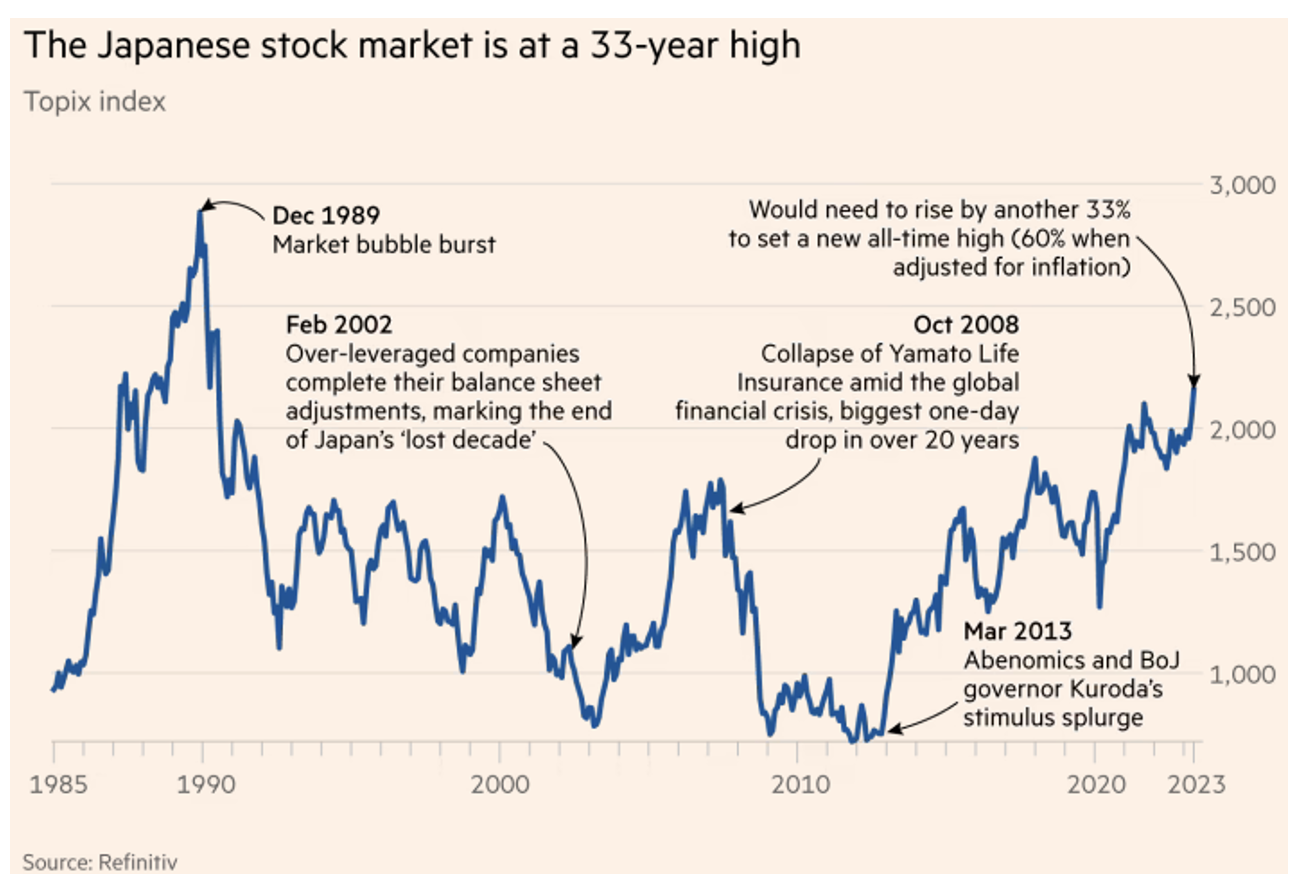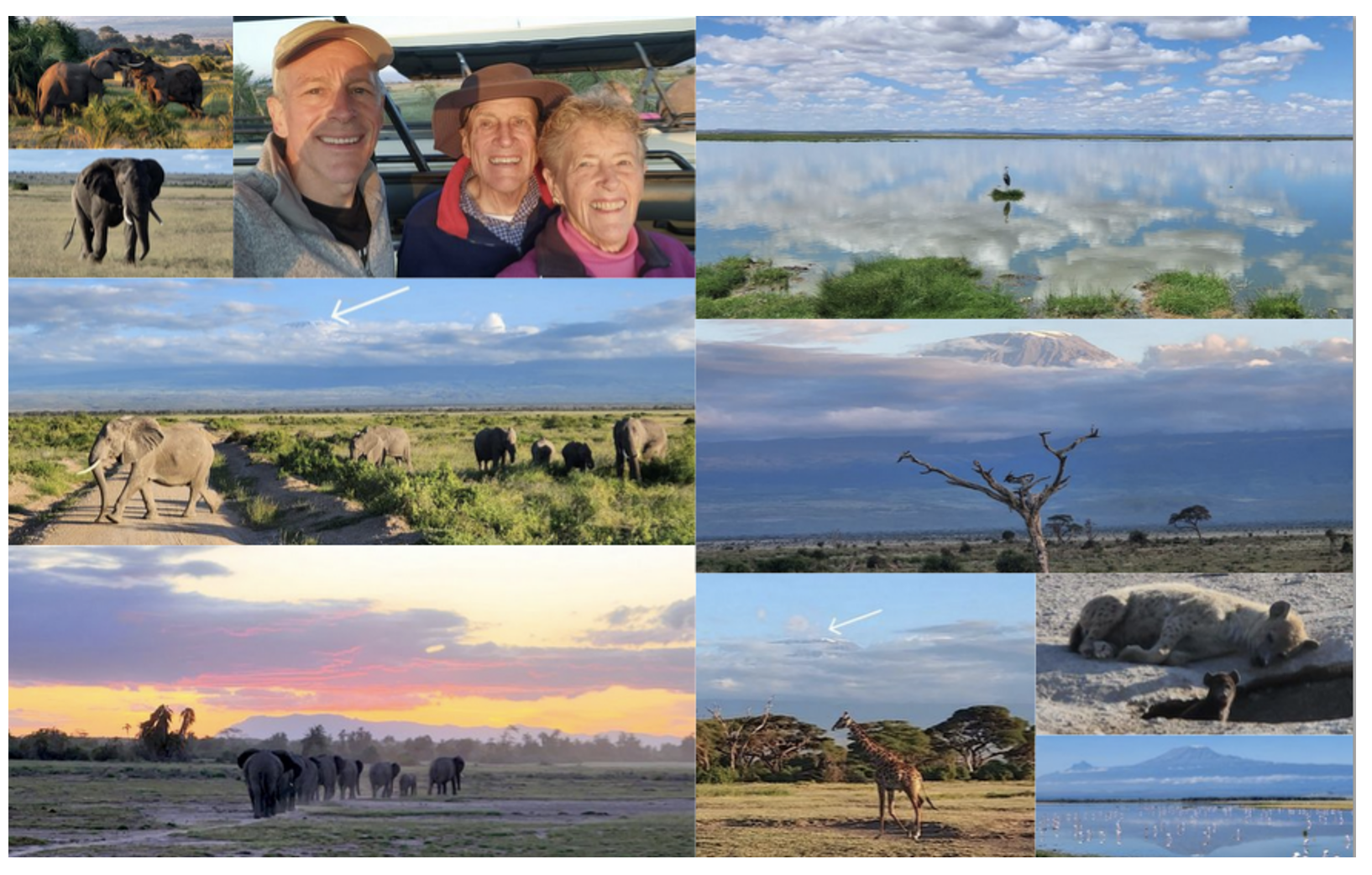
Carl Icahn Is $15 Billion Poorer After Hunter Becomes The Hunted; Nikola receives delisting notice; A Housing Bust Comes for Thousands of Small-Time Investors; How Japan got its swagger back; Pictures from Amboseli National Park
1) In yesterday's e-mail, I warned my readers to avoid Icahn Enterprises (IEP) because the short report by Hindenburg Research revealed the company's many flaws and the stock's extreme overvaluation.
Based on the stock's sharp decline over the past week, I believe Carl Icahn is getting margin calls, resulting in forced selling that could quickly crash the stock down to my price target of $4. (It closed yesterday at $20.63, down another 14%).
I failed to include this Bloomberg article in yesterday's e-mail: Carl Icahn Is $15 Billion Poorer After Hunter Becomes The Hunted.
2) Coincidentally, one of Hindenburg's first targets, electric truck maker Nikola (NKLA), also cratered yesterday, falling 20% to $0.62, on this news: Electric truck maker Nikola receives delisting notice. Excerpt:
Nikola said on Thursday Nasdaq gave the electric truck maker a delisting notice for not meeting its minimum bid price requirements.
Shares of the company... fell about 78% last year on high battery material costs and production concerns.
Nikola has been trying to raise cash for operations by selling equity, like other electric vehicle (EV) firms, in a turbulent market, and on Wednesday urged shareholders to vote in favor of increasing the number of shares at its annual shareholder meeting next month.
EV startup Lordstown Motors last month received a similar notice and effected a reverse stock split this week to meet the exchange's rules.
Earlier this month, Nikola said it would pause production to streamline the assembly line at its Coolidge, Arizona factory amid sluggish demand for its battery-powered trucks.
I've been warning my readers to avoid this stock since I covered Hindenburg's initial report in my September 11, 2020 e-mail, when the stock was above $30, and concluded "Nikola is toast."
Don't be tempted to bottom-fish this stock, as it's almost certain to be a zero.
3) Speaking to total scams, kudos to the Wall Street Journal for exposing this one: A Housing Bust Comes for Thousands of Small-Time Investors. Excerpt:
Few investors rode the pandemic-era housing boom as high as Jay Gajavelli. Fewer still have fallen as far.
Before Gajavelli found his real-estate career, the 61-year-old immigrant from India was just another information-technology worker, putting in 60-hour weeks for a middling job in Dallas. Last year, Gajavelli's company owned more than $500 million worth of Sunbelt apartment buildings with more than 7,000 units, and was one of Houston's biggest landlords.
Over the past four years, Gajavelli built his real-estate empire using funds from dozens of small investors who wanted a chance to earn a landlord's riches without any of the work. He pitched double-your-money returns in ebullient, can-do talks at investor conferences and on YouTube videos.
Investors need to be aware of – and avoid! – these "syndicators":
Gajavelli is one of thousands of real-estate entrepreneurs in the U.S. known as syndicators. Many have come under similar financial pressures and hold properties they can no longer afford. From 2020 through 2022, real estate syndicators reported raising at least $115 billion from investors, according to a Wall Street Journal analysis of Securities and Exchange Commission filings.
So far, defaults have been rare. But real-estate analysts and property investors anticipate a wave of foreclosures ahead...
Syndicator investors have few legal protections, said Joan MacLeod Heminway, a securities-law professor at the University of Tennessee in Knoxville. Unlike public companies, syndicators in many cases aren't required to give regular updates on their buildings' financial performance, she said. As limited partners, investors have no say over spending. Some who lost their investment never knew the properties were in trouble until they were near foreclosure.
4) Though I've never invested in (nor even visited) Japan, I try to follow it as much as I can because it's a fascinating country.
It's the third-largest economy in the world, and I always try to understand what Warren Buffett is doing. He bought shares of the five largest Japanese trading companies in 2020 and now owns 7.4% of each of them – see: Warren Buffett leads global investors into 'cheap' Japan and What Warren Buffett is buying in Japan's Berkshire Hathaway look-alikes.
So I read this Financial Times article with great interest: How Japan got its swagger back. Excerpt:
A confluence of factors, say investors, has made the place more interesting than it has been for some time. They can point to reasons why this time might, finally, be different. Japan is at last allowing itself – and being granted – some swagger. The question, as always, is how long the phenomenon will last.
For now, at least, the momentum is strong. A few hours before Japan's Rising Sun hit inboxes, the broad Topix index of Japanese stocks had hit a fresh 33-year high on a rally driven by an exceptional six straight weeks of buying by foreign institutions.
Some of that has been drawn to the general promise of accelerating governance reform, but a lot of it is because of what is arguably the biggest practical and psychological change in the Japanese economy for decades. A country where an entire generation of consumers, businesses, banks and political leaders knew only flat or falling prices now has sustained inflation.
5) My parents and I flew in my dad's plane 45 minutes to southern Kenya on Wednesday and spent 24 hours in Amboseli National Park.
The park is most famous for its elephants and the views of Africa's tallest peak, Mount Kilimanjaro, which is just over the border in Tanzania. (Sadly, there is almost no snow left on the top. When I climbed it in 1992, it had a big snowcap.)
We landed around 1 p.m., our guide met us in a safari vehicle, and we did a game drive back to Ol Tukai Lodge, seeing lots of birds along the way.
Then we did two-hour game drives starting at 4 p.m. on Wednesday and 6 a.m. yesterday and flew back to Nairobi at midday. We saw lots of elephants, of course, and many other animals as well: thousands of pink and white flamingos, families of hyenas, baboons, vervet monkeys, wildebeest, and Cape buffalo, two lions, and a giraffe and hippo.
Here are some pictures, and I posted more on Facebook here:
I also posted video clips here:
- Takeoff from Limuru, landing in Amboseli, and landing at Limuru
- Elephants
- Hyenas
- Giraffe
- Vervet monkeys
- Wildebeest
Best regards,
Whitney
P.S. I welcome your feedback at WTDfeedback@empirefinancialresearch.com.


